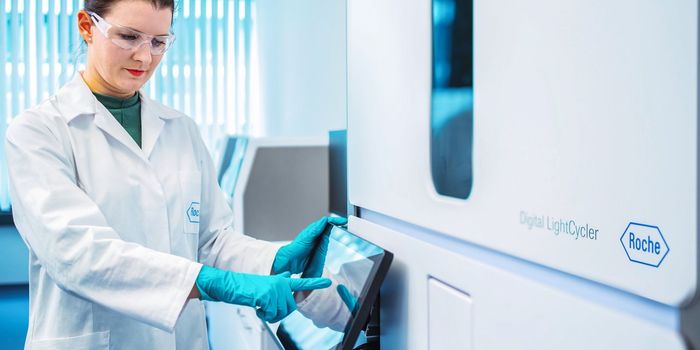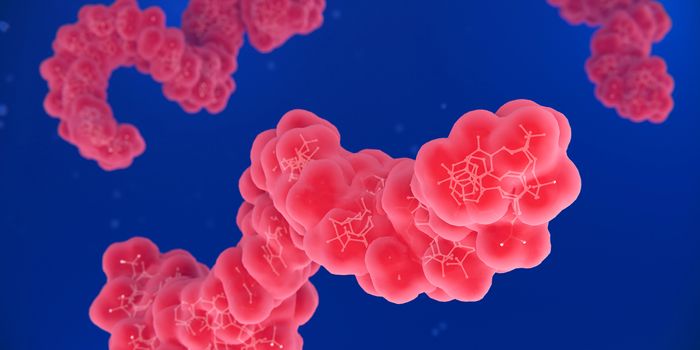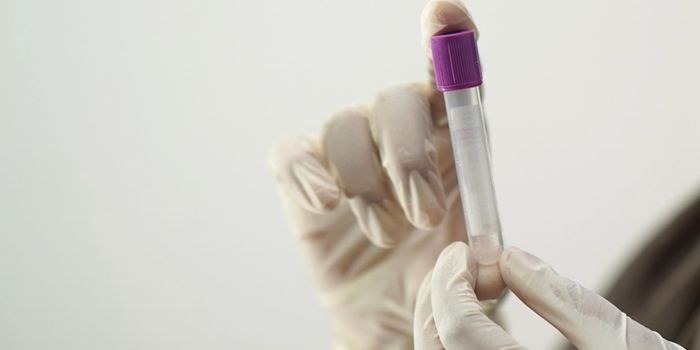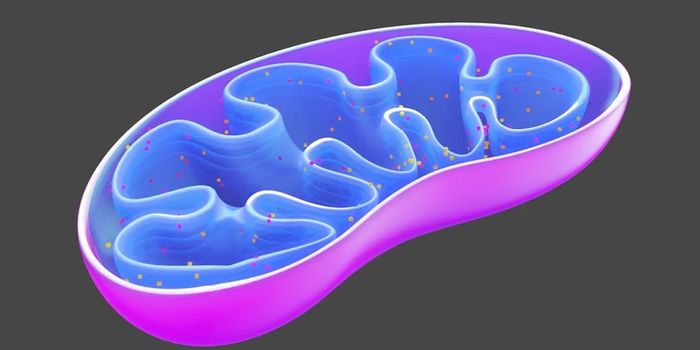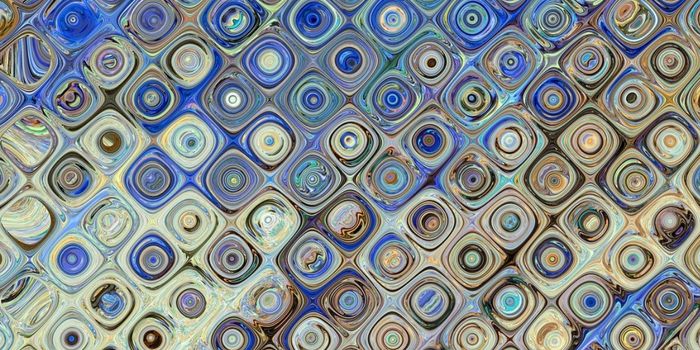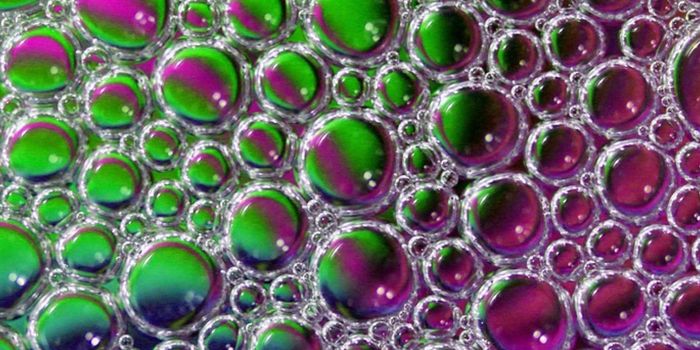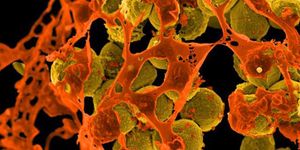New Insights Into Huntington's Disease
Huntington’s disease (HD) is a neurodegenerative disease that causes the gradual breakdown of neurons in the brain. The disorder is caused by a genetic defect in the Huntingtin (HTT) gene, in which the first protein-coding portion of the gene, or first exon, is abnormally expanded. HTT transcripts are processed into smaller parts, and when the first exon carries a pathological mutation, it builds up as amyloid fibrils, which can be found in the neurons of HD patients. These fibrils have been shown to cause the pathology of the disease. Scientists have found that a protein complex composed of Hsc70, DNAJB1 and Apg2, can break these aggregates up.
Reporting in Nature Communications, researchers have revealed a mechanism that enables the protein folding assistants of the body to tamp down the effects of the mutated huntingtin protein, noted project leader and professor Janine Kirstein of the University of Bremen.
When proteins are made, they start out as strings of amino acids, but those get folded by cellular machinery into the structures that are required for their function; the proper protein structure is essential.
Scientists have now shown that DNAJB1 is the member of the complex that can identify mutated huntingtin. They have also used crosslinking mass spectrometry to show where DNAJB1 and the mutated huntingtin protein bind together; a short string of nine amino acids in one end of the DNAJB1 protein interacts with a section of a proline-rich domain in the mutated huntingtin.
This work was made possible through interdisciplinary collaboration, noted the investigators. Engineers on the research team ran simulations that modeled the binding between protein folding partners and the mutated huntingtin protein. Researchers in the wet lab were able to verify the predictions with a cell culture model and purified proteins, explained Kirstein.
Although the researchers have successfully revealed the mechanism that enables protein folding helpers to identify mutated proteins and respond to them so they can't cause harm, Kirstein acknowledged that these findings by themselves will not lead directly to new therapeutics for Huntington's disease. "But you can build on these results and develop strategies to specifically induce or stabilize these body-specific folding aids in order to suppress the toxicity of mutated huntingtin," added Kirstein.
Sources: University of Bremen, Nature Communications


